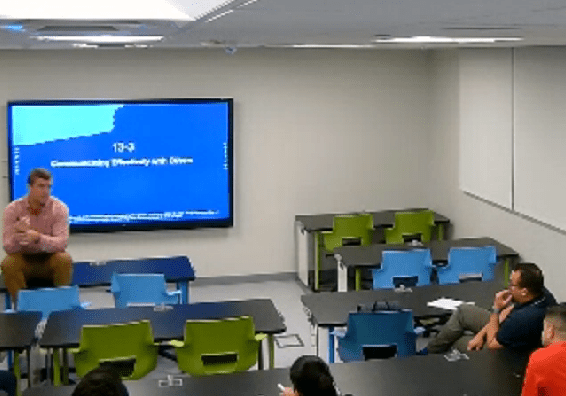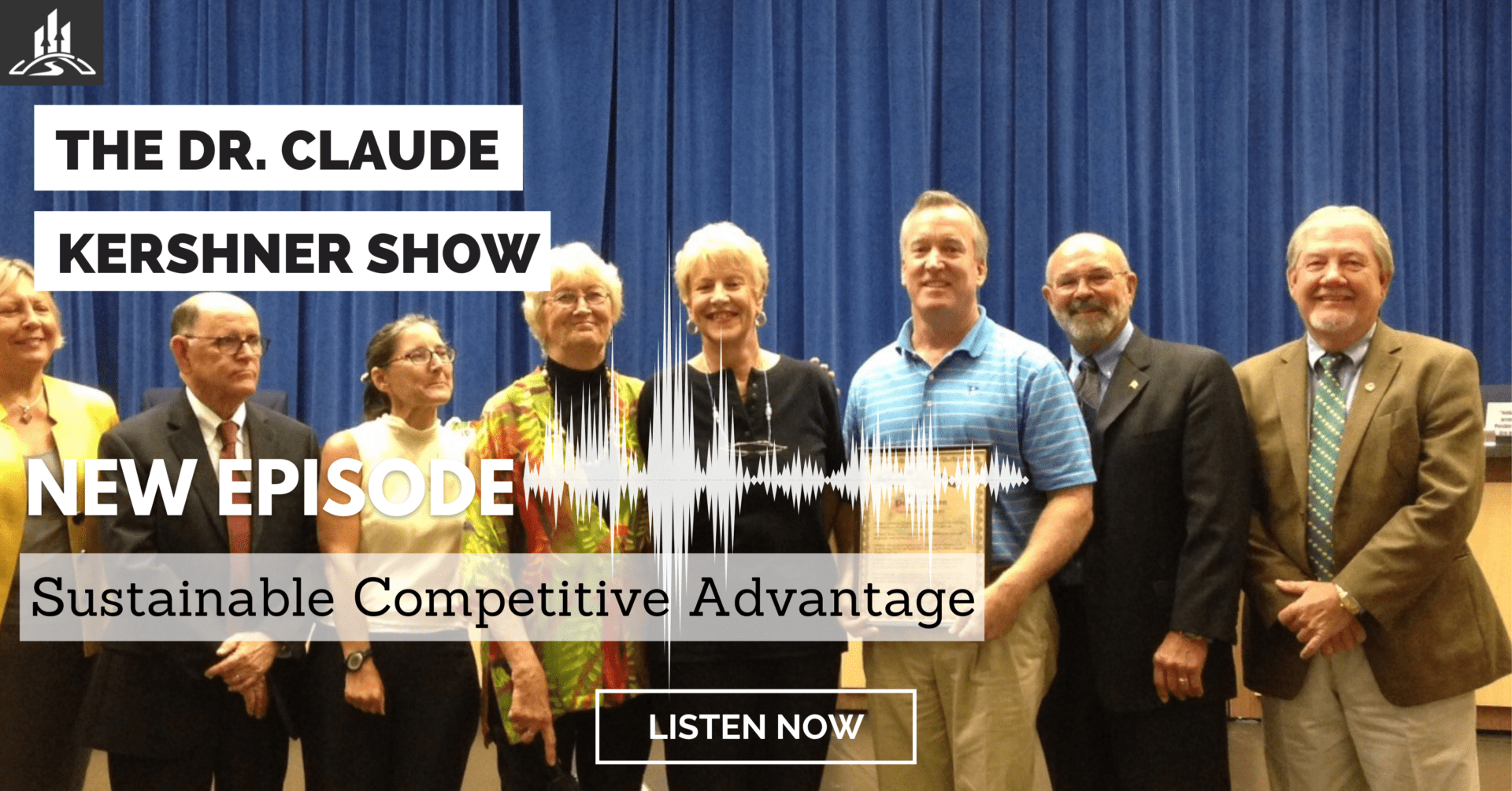Providing Helpful Materials
Course Textbooks & Assigned Reading
Entrepreneurship: Theory, Process, Practice by Donald F. Kuratko, 11e
Understanding Management by Richard L. Daft; Dorothy Marcic, 12e
Leadership: Research Findings, Practice, and Skills by Andrew J. DuBrin, 10e
Organizational Behavior: Managing People and Organizations by Ricky W. Griffin; Jean M. Phillips; Stanley M. Gully, 13e
Corporate Entrepreneurship & Innovation by Michael H. Morris; Donald F. Kuratko; Jeffrey G. Covin, 3e
Managing Organizational Change by Ian Palmer, McGraw Hill, 4th Edition

Interested in Social Science?
 I used to think of spoken or written language when I thought about communication. However, I learned words are only a tiny part of human communication. In my doctoral journey, I explored Social Exchange Theory and Leader-Member Exchange. It became clear that employees observe managers, so it’s important to remember that everything a manager does and says will communicate something. In addition, communication is a two-way street that includes asking questions, seeking feedback, paying attention to the nonverbal communication of others, and listening actively. Finally, communication is the process by which information is exchanged and understood by two or more people. Social exchange theory asserts that communication is intended to influence or motivate behavior.
I used to think of spoken or written language when I thought about communication. However, I learned words are only a tiny part of human communication. In my doctoral journey, I explored Social Exchange Theory and Leader-Member Exchange. It became clear that employees observe managers, so it’s important to remember that everything a manager does and says will communicate something. In addition, communication is a two-way street that includes asking questions, seeking feedback, paying attention to the nonverbal communication of others, and listening actively. Finally, communication is the process by which information is exchanged and understood by two or more people. Social exchange theory asserts that communication is intended to influence or motivate behavior.
Managers should think carefully about which strategy will give their company a competitive advantage. Also, perpetually ask, "Is this competitive advantage sustainable?" A five-year study of management practices in hundreds of businesses, referred to as the "Evergreen Project," found that a clear strategic direction was a key factor that distinguished winners from losers. So how can we strategically create a sustained competitive advantage and galvanize execution amongst our team?
What are the task and general environments, and why should organizational leaders care? How are managers shaping the internal culture to fit the needs of the external environment and company strategy? Corporate culture is critical in gaining and maintaining a competitive advantage. As managers, we must familiarize ourselves with these elements and change them when possible.
One of Andy Stanley’s message series is “Better Decisions, Fewer Regrets.” And he starts off each message by saying, “Your decisions determine the direction and quality of your life.” So, I want to get good at decision-making, especially as a leader, husband, and father. I used to assume that making a choice is the central part of decision-making, but it is only a part of it. Decision-making is a process, and it is vital to understand my role, power, and biases involved in the process.



